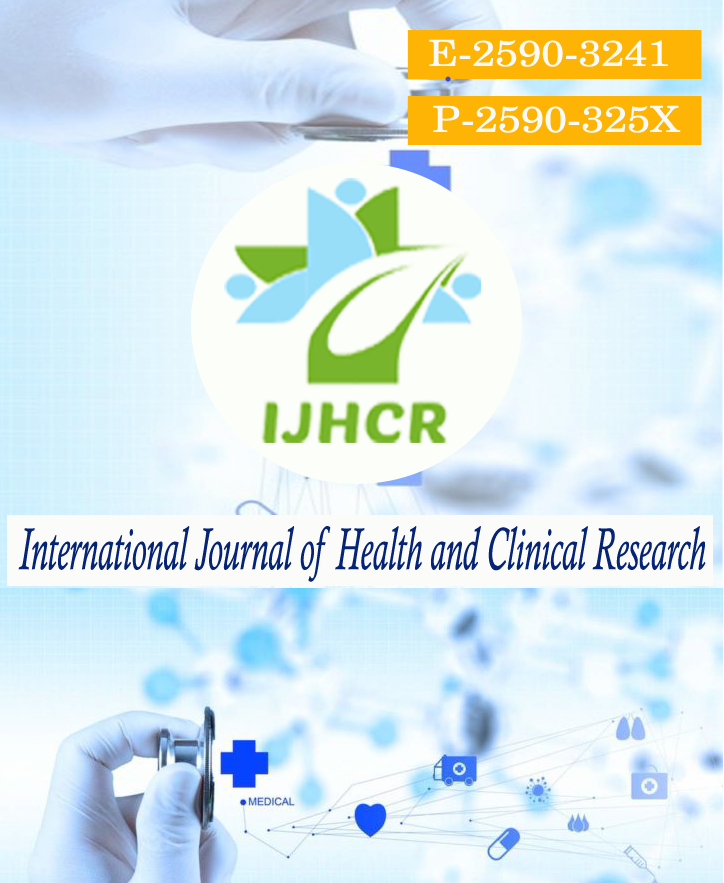
International Journal of Health and Clinical Research
Yazarlar: Manu Mathews, Kadeeja Beevi B, Surag M K, Farha Ahmed Payyanil Karlath, Binoo Divakaran, Balakrishnan Valliot, Sudeep K
Konular:-
Anahtar Kelimeler:Covid 19,Mortality,Comorbidities,SARS,OV2,India.
Özet: Background: COVID-19 pandemic has spread worldwide with new variants of viruses and reinfections. As we have to live with COVID-19, public health efforts should focus on preventing avoidable mortalities. The mortality with COVID 19 shows marked regional variation; hence regional studies are needed. Objectives: Our study analyses the demographic and clinical characteristics of deceased COVID-19 patients, which are critical for developing geographic-specific public health interventions to reduce mortality. Materials and methods: We conducted a retrospective observational study from 1 April 2020 to 31 August 2021 in Kerala, India. We analysed 1201 death summaries of laboratoryconfirmed COVID-19 deaths and included 1076 cases for the study. Results: Mean age of the deceased was 65.7 years (SD: 14 years). Of the total deaths, 65.9% were males. The mean duration between the onset of symptoms to admission in our hospital was 4.9 days (SD 3.7 days, IQR 5 days). The most frequent presenting symptoms were breathlessness (68.2%) and fever (57.3%). 90.1% in the study group had at least one comorbidity. Diabetes (53.5%) was the most common comorbidity, followed by hypertension (52.3%). Diabetes was also the most frequent comorbidity reported in COVID-19 deaths among young (≤40 years), pregnant and vaccinated groups. Conclusion: The elderly, males and patients with underlying comorbidities, especially diabetes, die disproportionately due to COVID-19. Health intervention strategies like vaccination, promotion of healthy lifestyle to control comorbidities and awareness programmes for COVID appropriate behaviour should be prioritised in these vulnerable populations.